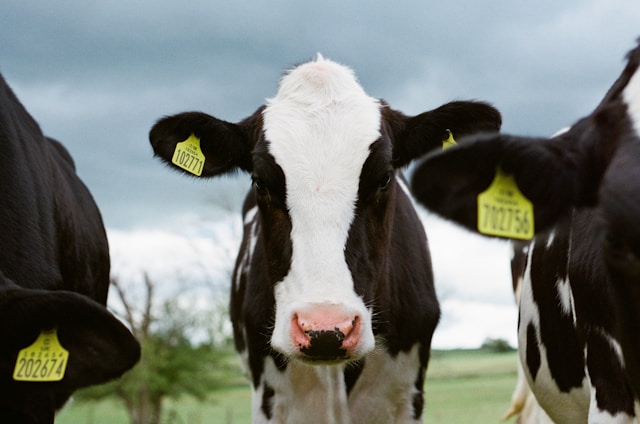Should What Matters to Dairy Executives Also Matter to Feed?
Written by: Lara Moody | May 21, 2024
In a recent report, McKinsey & Company and the International Dairy Foods Association shared findings from their annual survey of dairy executives. Their responses showed that while dairy executives are excited about the opportunity for growth (expected to be 4% annually through 2027, primarily from cheese and yogurt sales) and product innovation, sustainability keeps them up at night and has moved to the center of the conversation.
Environmental Sustainability Is an Area of Focus
Three-quarters of the respondents indicated that their sustainability efforts are motivated by their customers (i.e., retailers and other dairy vendors), and just under half said their efforts are motivated by the end consumer – with the added caveat that consumers may not be willing to pay more. To them this further raises concerns about costs associated with decarbonization and other sustainability initiatives. However, in another recent analysis, McKinsey and Nielsen IQ found that yogurt and cheese products with environmental, social and governance (ESG) related claims outperformed products without those claims, but it did not indicate whether consumers paid more for them.
While greenhouse gas emissions per kilogram of milk dropped 27% between 1995 to 2015, dairy production outpaced the improvement, resulting in an increase in overall emissions. The dairy executives surveyed felt great uncertainty about how to address their scope 3 emissions, which are upstream of the company and outside of their direct operational control, such as those linked to feed and enteric methane.
 Sixty percent of dairy processors indicated that reducing greenhouse gas emissions is in their “top three issues” when crafting sustainability strategies, particularly since scope 3 and farm-level emissions are so challenging to measure. The survey indicated that 71% of companies are measuring (likely meaning modeling) farm emissions, 27% are changing their procurement sources based on emissions, and 7% are mandating that their farms inset their emission reductions (versus selling credits outside the value chain).
Sixty percent of dairy processors indicated that reducing greenhouse gas emissions is in their “top three issues” when crafting sustainability strategies, particularly since scope 3 and farm-level emissions are so challenging to measure. The survey indicated that 71% of companies are measuring (likely meaning modeling) farm emissions, 27% are changing their procurement sources based on emissions, and 7% are mandating that their farms inset their emission reductions (versus selling credits outside the value chain).
The survey quotes a dairy executive:
“Sustainability is very high on our agenda. A mentality shift is needed to decarbonize the industry, and for a while, there has been talk but no action. Now we are seeing things intensify.”
Most dairy executives are also considering the impact of their operations on natural resources. The survey indicated that 45% cited water usage as a “top three issue” in their sustainability strategies and 44% said they were sourcing feed grown with regenerative agriculture practices.
What Does this Survey Mean for the Feed Industry?
The U.S. Dairy Net Zero Initiative continues to advance. It will require industrywide alignment and meaningful actions, such as working with farms to reduce emissions via initiatives like using novel feed additives and providing details for informed decision making when sourcing feedstuffs.
While it is hard to predict when, the animal food industry should be looking out for when the dairy industry’s procurement decisions may impact the feed industry’s procurement decisions. As a customer of our customer in the dairy supply chain, it is important for us to pay attention to what is important to them.